The very nature of aging means that our loved ones may struggle with declining health and cognitive abilities, making it difficult for them to manage everyday tasks or even take care of themselves. However, this does not mean that we should simply accept their decline. Instead, we must assume responsibility for providing the care that our elders need, whether it is helping with household chores or arranging appointments with healthcare providers. In doing so, we can ensure that they receive the specialized attention and support they need while also supporting their innate sense of independence and self-worth.
Table of Contents
ToggleCoordinate Your Care
You need to think not only about your loved one’s physical and mental health, but also about their overall wellbeing in all areas of their life. This may involve coordinating doctor’s appointments, social activities, and home care services. You need to also work with different providers to ensure that everyone is on the same page as well as communicate regularly with family members, friends, and professionals to develop a comprehensive care plan.

Offer Patient-Centered Care
In order to provide patient-centered care for an elderly person, it is important to approach the situation with sensitivity and understanding. This starts with a thorough assessment of their individual needs and goals, and taking the time to listen carefully to their input.
Once this foundation has been established, you can then work together as a team to implement an appropriate care plan that meets their specific needs. This could involve consulting with external experts, who can help address issues such as memory or mobility loss. It might also involve enlisting social support networks that can provide additional assistance in times of crisis.
Stay Up-to-Date With Industry Standards
Whether you’re a professional caregiver or simply looking to provide care for an elderly loved one in your own home, it is important to stay up-to-date with the latest industry standards and best practices. This can be achieved through online programs like the post masters AGACNP certification offered by respected organizations. Taking these courses and earning your certification will help you gain access to the extensive body of knowledge and expertise required to ensure that you are providing your patients with the high standard of care that they deserve. With your post-master’s certificate in hand, you will also be able to better market yourself as a competent and qualified caregiver within your community.
Practice Mindful Communication
This means being attuned to your elder’s needs and engaging with them thoughtfully, rather than simply responding to their words or instructions. This can require a shift in mindset; instead of focusing exclusively on your own agenda, you must learn how to put your elder’s feelings and needs first. For example, if your elder has trouble eating due to dental problems or arthritis, you should take the time to prepare soft, nutritious meals that they can enjoy. You should also keep your tone of voice gentle and warm, listening attentively as they talk to you and asking questions when appropriate.
Create a Safe Environment
This starts with making sure that the home is free from hazards like tripping hazards or sharp corners that could cause falls or injuries. To keep your loved one safe, consider installing grab bars by the toilet and in other common areas of the home. You should also pay close attention to your loved one’s medications and dietary needs, ensuring that they are taking the correct dosage at the correct times.
In addition to creating a physical environment that is safe, it is also essential to provide emotional support by maintaining regular communication with your loved one and offering reassurance when necessary. This can help reduce feelings of anxiety, frustration, or depression, making sure that your loved one always feels comfortable, secure, and cared for.
When caring for an elderly patient or loved one, it is important to remember that they may not have the same physical or mental capabilities that they once did. While you may be tempted to let your guard down and simply treat your elder like you would a younger family member, it is crucial to remain cautious in order to ensure that their health stays as strong as possible. This can mean avoiding certain situations where they are more susceptible to injury, like cooking or using sharp objects, and investing in safety devices that can help them get around the house more easily, such as grab bars and mobility aids. By staying vigilant at all times when caring for an elderly person, you can help them age gracefully and comfortably.








